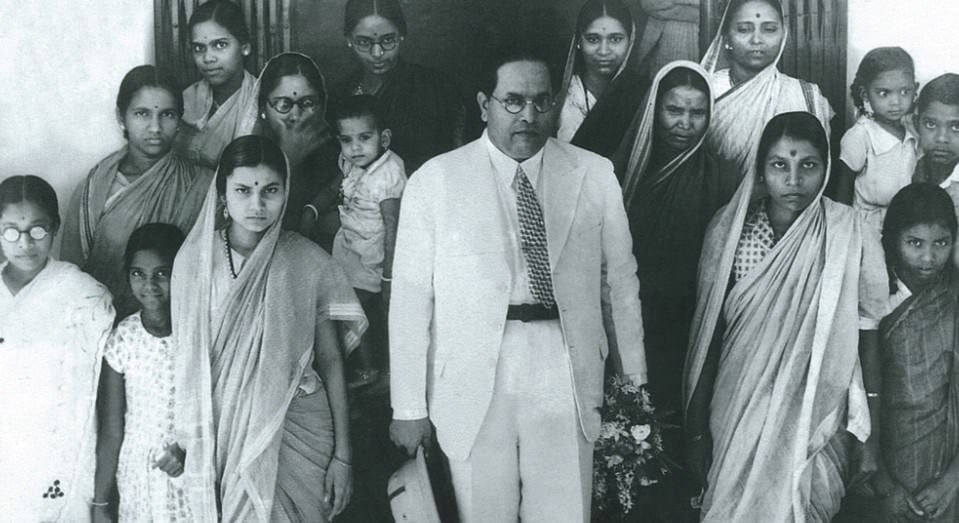Babasaheb Ambedkar’s commitment to women’s rights is sometimes overlooked, and he deserves to be recognised as a social justice warrior, visionary, and philosopher. He campaigned for women’s equal involvement in both personal and professional arenas, helped write legislation to preserve women’s rights, and was influential in cutting working hours and improving working conditions.

Ambedkar’s Advocacy for Women’s Rights
- Women’s equality: Ambedkar fought for women’s equality in both personal and professional realms. He was the first man to speak out against women’s uneven treatment in factories and other workplaces.
- Ambedkar developed legislation such as the Mines Maternity Benefit Act, which demanded equal pay and equal rights for coal miners, ensuring that the issue of maternity leave for women was raised and they were protected under labour rules.
- Working hours were reduced and working conditions were improved as a result of his efforts.
- Women’s reproductive rights: Ambedkar believed strongly in women’s reproductive rights and encouraged them to make their own decisions about conception.
Contribution of Ambedkar to Women’s Rights
- The Hindu Code Bill was Ambedkar’s most significant contribution to the cause of women’s rights, revolutionising property and marriage practises and establishing rules of support for women.
Four acts, resulting from the Bill, were passed:
- The Hindu Marriage Act of 1955 granted women the right to divorce and maintenance;
- The Hindu Succession Act of 1956 granted them the legal right to inherit property;
- The Hindu Adoption and Maintenance Act of 1956 granted women the legal right to adopt a child; and
- The Hindu Minority and Guardianship Act of 1956 granted women the natural guardianship of their children.
Pro-women Acts: The impact of these reforms prompted further pro-women Acts, such as the Equal Remuneration Act of 1976 and the Dowry Prohibition Act of 1961, which illuminated the dark paths of women’s fights.
Ambedkar’s Women’s Rights Vision
- The right of women to an education: Ambedkar believed that education was critical to the advancement of the country and frequently advocated for women’s right to education, challenging the Manusmriti and the Dharmashastra.
- He targeted the hierarchical social structure and condemned it for humiliating women, and he claimed that endogamy was the primary cause of caste formation.
- The caste system and atrocities against women: His 1917 paper, titled ‘Castes in India: Their Mechanism, Genesis, and Development,’ explains how the caste system is at the foundation of crimes against women.
- For example, he condemned sati, child marriage, and the prohibition on widow remarriage, all of which were intended to control women.
- Ambedkar’s ideal of equality despite caste, gender, race, and ethnicity inequalities is a trailblazing social justice thought.
@the end
Ambedkar’s contribution to women’s rights is often neglected, and he deserves to be recognised as a social justice warrior, visionary, and philosopher. His efforts to empower all segments of marginalised groups must be recognised, and his concept of equality despite caste, gender, race, and ethnicity variations is a trailblazing social justice idea. Women’s emancipation and rights are critical for constructing a progressive society, and Ambedkar’s ideas and vision continue to guide feminist principles in India.
Source: https://www.thequint.com/opinion/ambedkar-feminism-women-empowerment-indian-women-right-to-vote-divorce-property-rights-gender-equality
